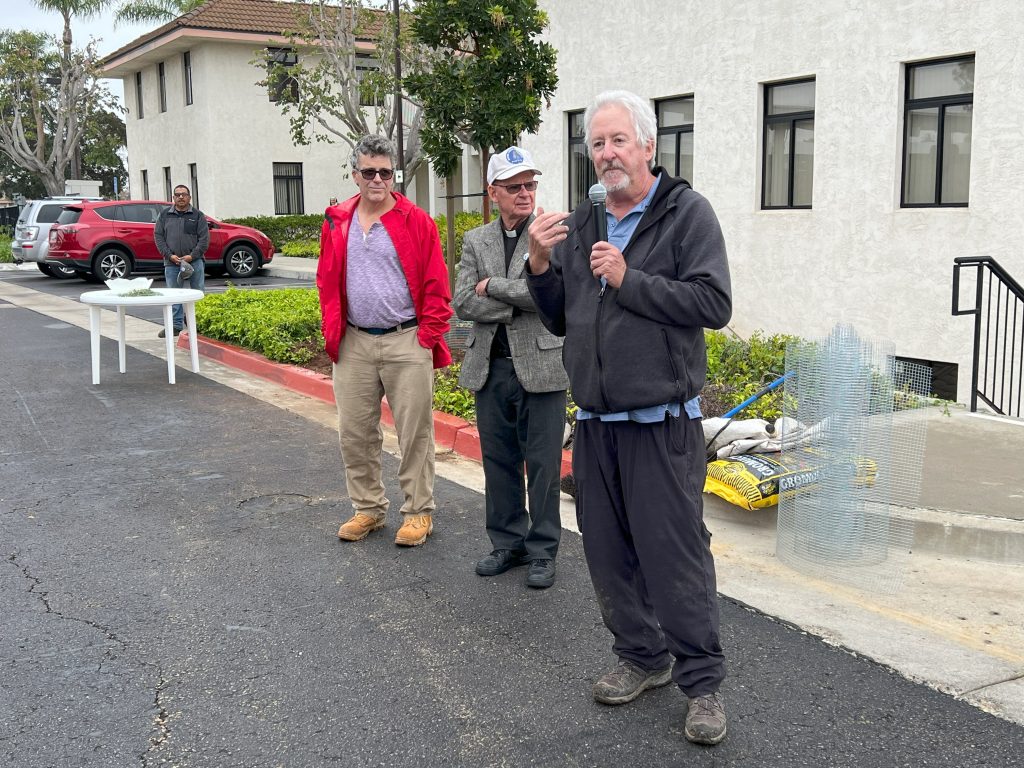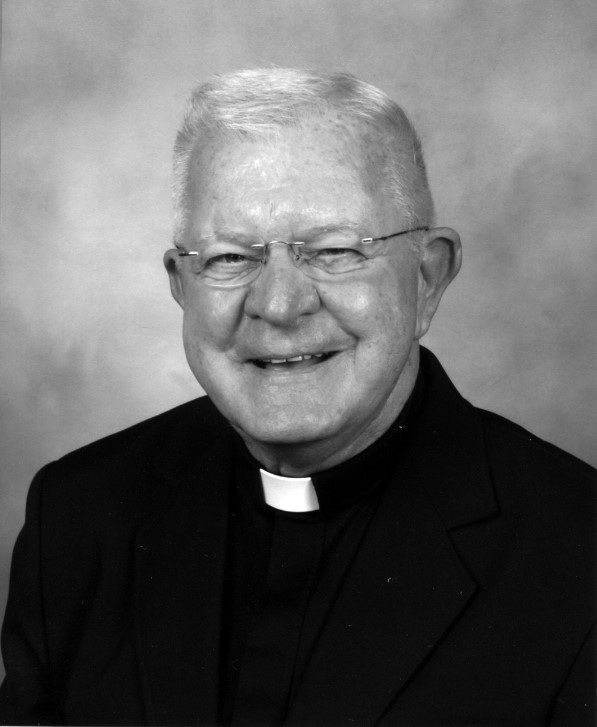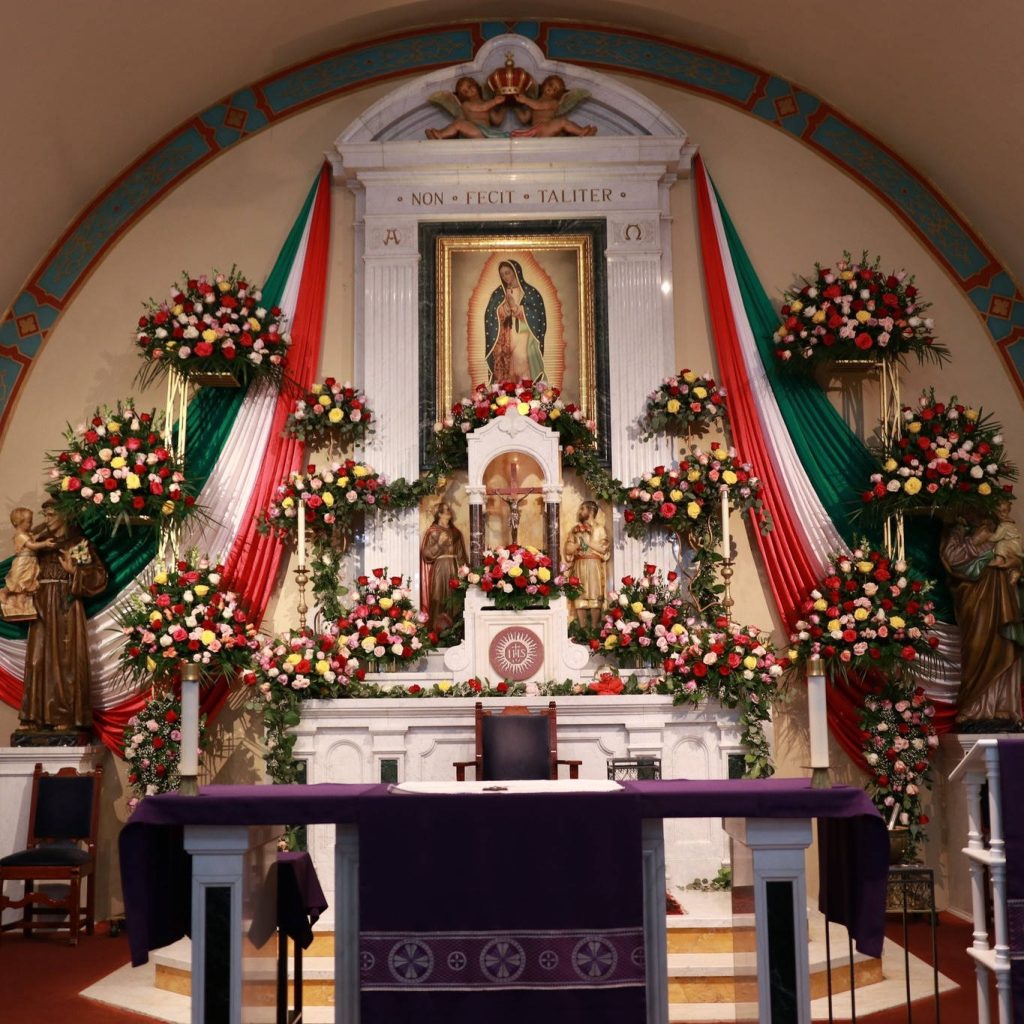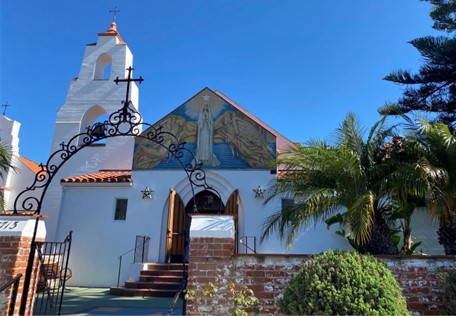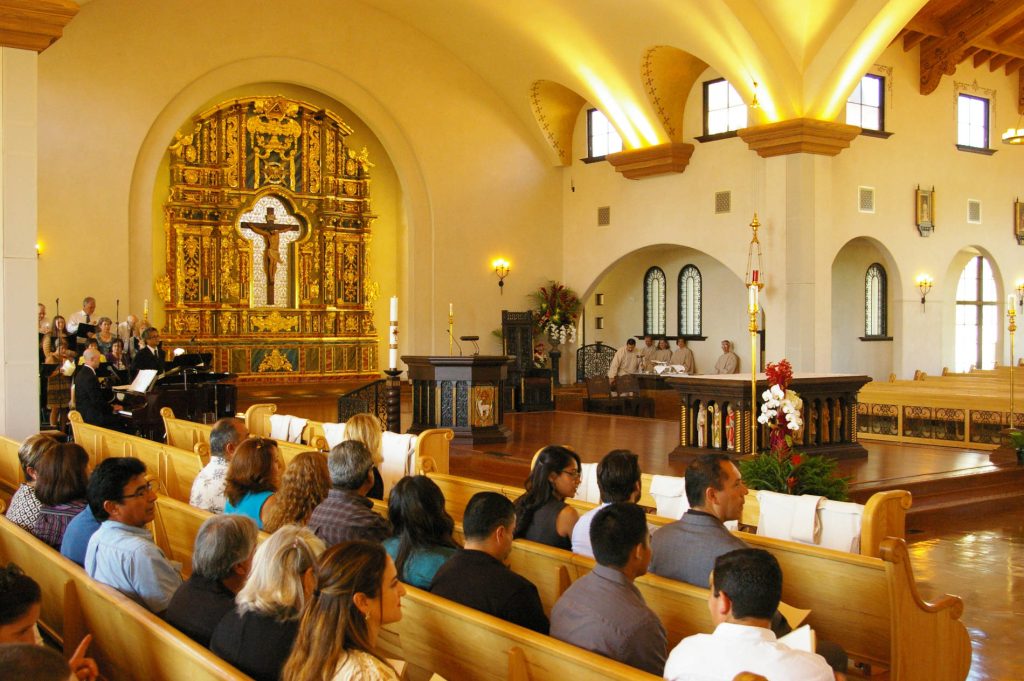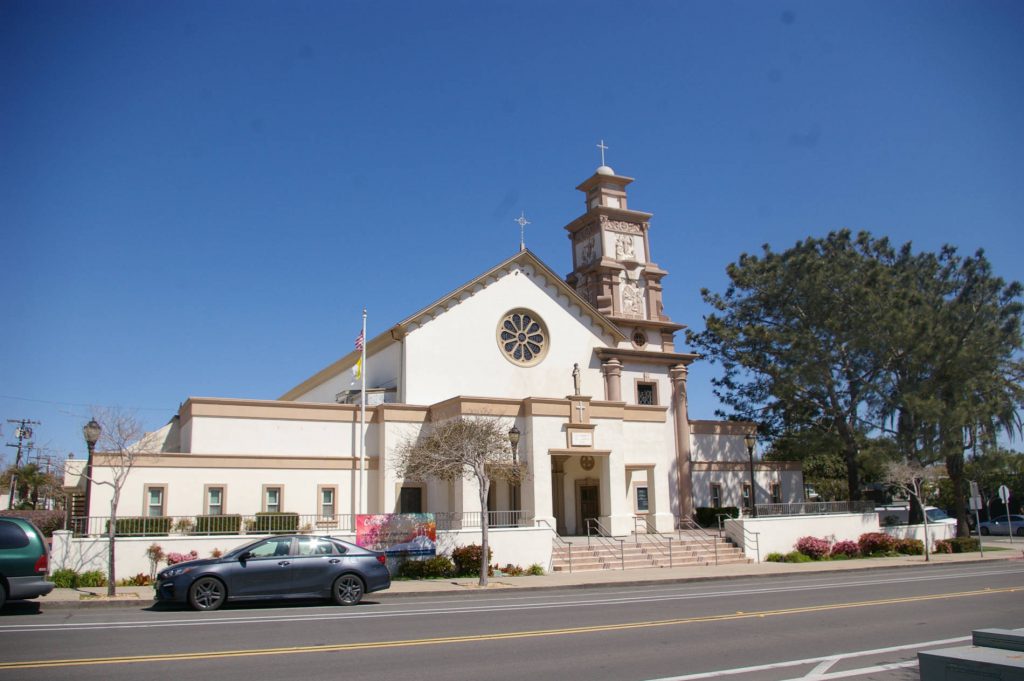SAN DIEGO — Augustinian Father Adnan Ghani, 36, is a Catholic chaplain at Kaiser Permanente Zion Medical Center and Alvarado Hospital Medical Center.
Born and raised in Pakistan, he relocated to the United States in early 2015 after discerning a vocation with the Order of St. Augustine. He professed first vows as an Augustinian brother in 2016 and solemn vows in 2019. He was ordained to the priesthood on Dec. 14, 2019.
Question: When did you first feel that God was calling you to the priesthood?
Answer: A very good friend of mine had always wanted to be a priest. In 1998, he had entered the seminary and asked me if I’d be interested in exploring whether God was calling me, too. I told him that I had never thought about it before.
About three years later, I entered the Diocese of Islamabad-Rawalpindi’s seminary. I studied there for four years, followed by three years of philosophical studies in Lahore and four years of theological studies in Karachi.
Toward the end of that decade of formation, I attended a five-day retreat led by a Jesuit priest. On the second day, he asked me if I had ever considered entering a religious order. When I said that I hadn’t, he invited me to take the next couple of days to pray about it.
After returning home from the retreat, a diocesan priest friend of mine asked if I had ever thought about becoming an Augustinian. At the time, I didn’t even know who the Augustinians were. But, as I learned more about them, I liked what I saw. I was attracted to their community. A quote from St. Augustine, “Our hearts are restless until they rest in You,” also spoke to me.
How did you come to be assigned as a hospital chaplain?
I had been told that it’s good for a priest to take at least one unit of Clinical Pastoral Education training to better minister to parishioners who are sick or having family problems. From 2017 through 2019, I completed four units of CPE training at Sharp Memorial Hospital.
I wasn’t planning on becoming a hospital chaplain. I assumed that I would be assigned to a parish. But, during my training, I realized there are so many people who die alone and that maybe God is calling me to be there for them. I’ve been a hospital chaplain since 2019.
Are there any experiences from your ministry that have stayed with you?
There are two, one involving a woman and the other a man, both non-COVID patients. They told me that they wanted to receive the sacrament and that they were ready to go (to God). That moved me. Even I, as a priest, sometimes am afraid of death. I couldn’t believe that they were so confident, that they were so ready.
What was it like to serve as a hospital chaplain during the COVID-19 pandemic?
As a newly ordained priest trying to explore what chaplaincy is, it was the toughest experience. I expected to hold patients’ hands, praying with and for them at a bedside surrounded by their family members. But that changed when the pandemic hit.
I wasn’t permitted to enter the rooms of COVID patients; I could only provide spiritual support to them through the window. Many of them were so surrounded by machines that, even if I had been permitted in the room, I wouldn’t have been able to see the person.
I wasn’t allowed in the rooms of non-COVID patients either, except in the case of emergencies.
In the early days of the pandemic, every week, I received about four to five calls during the night. Once, I went to the hospital to minister to eight dying patients in a single day; three died the same day and others a few days later. Of the patients I lost to COVID, the oldest were in their 90s, but the youngest was only in his late 30s.
What did you do to keep from feeling overwhelmed? Where did you find your joy?
Cooking was one way I coped. I also exercised, talked with priest friends, and made an effort to watch comedy movies or funny videos every day. I also spent about 30 minutes in prayer every morning, prayed the Divine Mercy Chaplet around 3 p.m., and recited a daily rosary.
My joy came from letters I received expressing gratitude for my ministry. The community support from my Augustinian brothers, friends and family was also a source of joy.
What is your ministry like now, since the recent Omicron spike has faded?
In my experience, the number of patients increased during Omicron, but deaths declined. The number of phone calls during the night also has dropped to maybe four in a month.
Though Omicron is a less serious variant, I’m still not allowed in a COVID patient’s room. But I’ve been able to speak with them over the phone; it’s a major change from when many COVID patients were on ventilators and unable to speak. I’m so happy to be able to tell them that the Church is here for them.
I’m also able to do my hospital rounds like I did before the pandemic. My ministry to non-COVID patients is back to normal. I can pray for them, administer the sacrament of the sick if they need it, and hold their hands.
What spiritual lessons did COVID-19 teach you?
I realized that there is no guarantee of how long you’re going to live. Why postpone forgiving others and asking for forgiveness?
Also, I used to get angry and impatient when I was on the road and people would drive too fast or merge without indicating. Now, when people sneak into my lane, I just smile and laugh.




